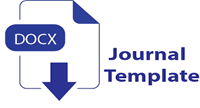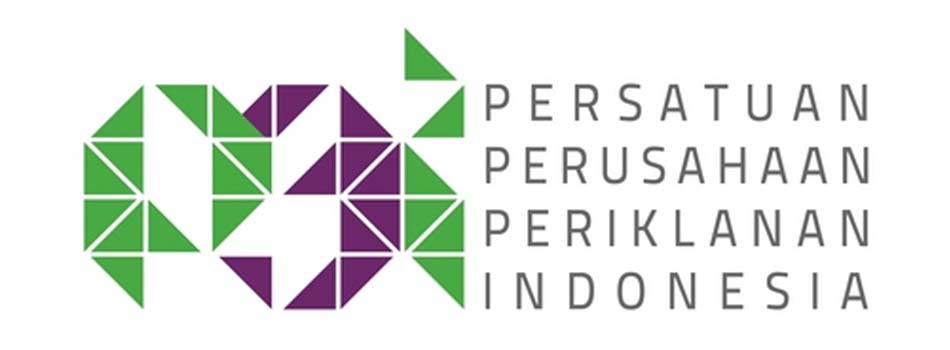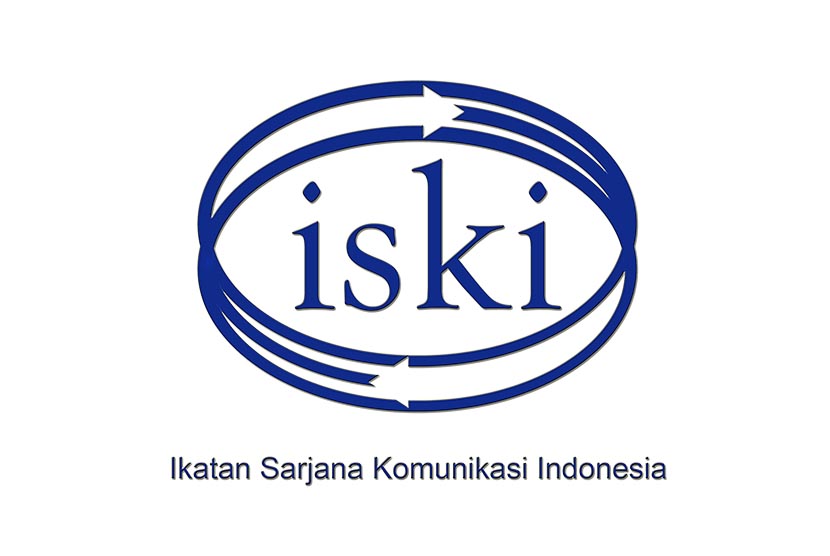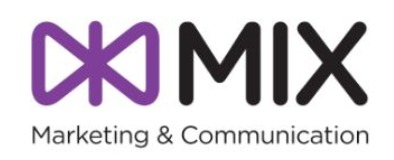| QUICK NAVIGATION |
|---|
| FOCUS AND SCOPE |
| ONLINE SUBMISSION |
| AUTHOR GUIDELINES |
| REVIEWER GUIDELINES |
| PUBLICATION ETHICS |
| COPYRIGHT & PLAGIARISM |
| REVIEW PROCESS |
| PEER REVIEWER |
| EDITORIAL BOARD |
| PUBLICATION SCHEDULE |
| INDEXING & ABSTRACTING |
| CITATION ANALYSIS |
Reviewer Guidelines
All manuscripts sent to the Jobmark: Journal of Branding and Marketing Communication will go through an initial review process by the Section Editor. The editor will check whether or not according to the scope of the journal, meet the author's guidelines and academic quality standards. If not, the editor will ask the authors to refine the manuscript and resubmit. If appropriate, the article will go through the Blind Review Process. As soon as two or more anonymous peer reviewers complete their review, the editor decides to accept without revision, reject, or invite the author to submit revisions (major or minor) based on reviewers' recommendations. After the revision, the manuscript review process entered the second round. Editorial board members (who also serve as reviewers), according to their expertise, will do a final review and decide whether to accept the manuscript or not to begin the editing process.
After going through copy and layout editing, as soon as possible, the manuscript is published (at least if there is a delay, we will announce the table of contents and metadata with the status "in-press"). If a Section Editor or Editorial Board member is the author or co-author of the manuscript submitted, the manuscript will be handled by other Section Editor or Editorial Board members without the author or co-author of the manuscript knowing. This rule is vital to ensure the objectivity of the review process. If there is a problem regarding the review process, the chief editor will take over the editorial work and give the final decision.
Meanwhile, the time required for the review process varies depending on the time for reviewers to submit their review, the author's revisions, and the editor's decision. The Section Editors (in round 1) and Editorial Board members (in round 2) can make decisions at any time and will tell the authors whether the manuscript is required to make some revisions, accepted, or rejected. But usually, if the manuscript needs revisions, the authors are asked to send the change within two weeks. We also ask our reviewers to complete their review no later than two weeks. However, we give the possibility of additional time for authors and reviewers. For information regarding article submission and requirements, please see Jobmark's Author Guidelines.
Notice for Reviewer:
- Confidentiality: Information regarding manuscripts submitted by authors should be kept confidential and be treated as privileged information. They must not be shown to or discussed with others except as authorized by the editor.
- Acknowledgment of Sources: Reviewers must ensure that authors have acknowledged all sources of data used in the research. Reviewers should identify relevant published work that has not been cited by the authors. Any statement that an observation, derivation, or argument had been previously reported should be accompanied by the relevant citation. The reviewers should notify the journal immediately if they come across any irregularities, have concerns about ethical aspects of the work, are aware of substantial similarity between the manuscript and a concurrent submission to another journal or a published article, or suspect that misconduct may have occurred during either the research or the writing and submission of the manuscript; reviewers should, however, keep their concerns confidential and not personally investigate further unless the journal asks for further information or advice.
- Standards of Objectivity: Review of submitted manuscripts must be done objectively and the reviewers should express their views clearly with supporting arguments. The reviewers should follow journals’ instructions on the specific feedback that is required of them and unless there are good reasons not to. The reviewers should be constructive in their reviews and provide feedback that will help the authors to improve their manuscript. The reviewer should make clear which suggested additional investigations are essential to support claims made in the manuscript under consideration and which will just strengthen or extend the work
- Disclosure and Conflict of Interest: Privileged information or ideas obtained through peer review must be kept confidential and not used for personal advantage. Reviewers should not consider manuscripts in which they have conflicts of interest resulting from competitive, collaborative, or other relationships or connections with any of the authors, companies, or institutions connected to the papers. In the case of double-blind review, if they suspect the identity of the author(s) notify the journal if this knowledge raises any potential conflict of interest.
- Promptness: The reviewers should respond in a reasonable time-frame. The reviewers only agree to review a manuscript if they are fairly confident they can return a review within the proposed or mutually agreed time-frame, informing the journal promptly if they require an extension. In the event that a reviewer feels it is not possible for him/her to complete a review of the manuscript within the stipulated time then this information must be communicated to the editor so that the manuscript could be sent to another reviewer.















